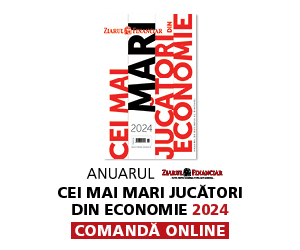The most important thing that can be learnt from the tape of the three kidnapped Romanian journalists is its lack of demands, logo and name of the group of kidnappers, French political analyst Nicolas Henin said on Thursday.
He pointed out that the only certainty was that they were not prisoners of a radical political group.
On Wednesday night Al-Jazeera TV aired a tape with a recording of the three Romanian journalists and their sponsor, American-Iraqi businessman Mohammed Unaf, all of whom are being held hostage.
"It has happened quite often lately that the kidnappers don't 'sign' the demand tape. This is what happened with the three Italian women, or more recently with the Liberation journalist Florence Aubenas. There were no demands there either," Nicolas Henin, an Iraqi affairs specialists from France based in Jordan, told the Delta RFI radio station in an interview.
The French expert explained the lack of clues through the alleged existence of "subcontractors" in the kidnapping.
"It might mean that we are dealing, say, with some kind of 'subcontractors' to the kidnappers, a sort of 'first group of kidnappers'. They are largely motivated by money. By circulating this tape they are showing they have captured the journalists, but at the same time do not identify themselves as belonging to one organisation or another. They are doing this for the purposes of a possible resale or because the group in question doesn't have a name. Most mafia groups don't have names," Henin said.
The only certainty, he said, was that the Romanians "were not being held by a political or radical group, like the Islamic Army or the group led by Al-Zarqawi". "Radical groups would first engage in propaganda and try to make themselves known by all sorts of signs. This tape closes some avenues, but still leaves many open," Henin told Delta RFI.
Asked about the fact that Marie Jeanne Ion had said the kidnappers had not asked for money, Henin pointed out that that could mean a lot of things. "It might be a message to the Syrian intermediary. It could be a 'we don't know this man, what he says is not true' message. Another theory is that it could be an indirect way to gain the attention of the Romanian authorities. If kidnappers want to leave the impression that they are not after money, then the Romanian authorities will have a greater margin for negotiations," the French expert said.















































